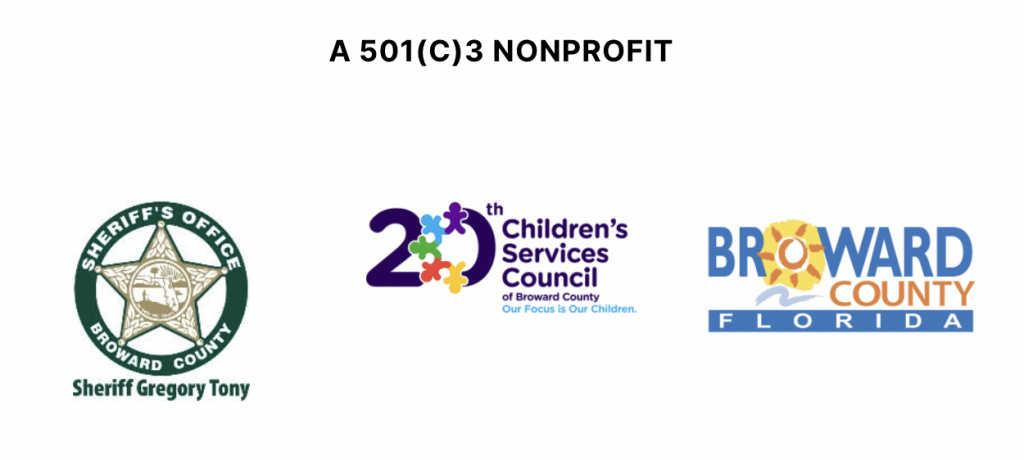
Just this past Sunday, we celebrated World Mental Health Day. It’s a day dedicated to breaking the stigma of mental health challenges and resolving to heal the emotional scars we carry.
There are many ways that people are haunted by traumas that stay with them for many years. For some, trauma may result from a single event. For others, trauma may have a more subtle origin, perhaps from mistreatment during their childhood. Whatever the cause, the result is every bit as damaging to our minds as well as our bodies.
Trauma does not heal on its own. Without proper help and guidance, trauma can continue to get worse over time.
The effects of unhealed trauma can destroy our mental and physical health. Even worse, these effects can continue to propagate throughout generations as unhealthy coping behaviors are passed down from parent to child.
Violently Acting Out
When holding on to past traumas, it’s possible to develop hypersensitivities to things that normally would not bother you. You may become easily angered and lash out at those around you for perceived slights, whether real or imagined. Most often these people will be your friends and family. These are the very people who you should look to for support and healing.
This type of behavior can be learned by children from parents who are holding onto their traumas. These dysfunctional behaviors can be passed from one generation to the next. Multi-generational abuse and violence are difficult to break but can be done with the help of a therapist, awareness, and self-compassion.
Development of Post-Traumatic Stress Disorder (PTSD)
Post-traumatic stress disorder can result from any event that you interpret as being extremely distressing. Unresolved trauma of this sort can manifest as a state of constant anxiety, frequent nightmares, outbursts of anger, or emotional numbness.
Sometimes reminders of the trauma can trigger these events, but often the person who is suffering may not even be aware that they have PTSD. Tragically, they may be holding onto the false belief that something is wrong with them, that THEY are the cause of their suffering.
There can be an uncomfortable truth to that, although it may not be because of anything they have done wrong. The pain they feel can be overwhelming because of an inability to recognize that they need help. They need to learn how to heal.
Substance Abuse
One of the unhealthiest and most damaging ways to cope with the pain of persistent trauma is self-medicating with alcohol, drugs, tobacco, or illicit substances. To numb the pain, a dependency on the use of chemicals can temporarily provide relief, but the long-term effects can be devastating.
The short-term effects of substance abuse can result in the development of severe insomnia, anger management challenges, and deterioration of relationships. Long-term effects include increased paranoia, depression, and the development of severe panic disorders.
Physical Health Deterioration
Holding on to trauma for extended periods will put your body in a constant state of alert. Your body will enter a ‘fight or flight’ mode releasing a stress hormone called cortisol.
As we discussed in a previous article “How Long-Term Stress Will Make You Sick”, there are physical manifestations that will adversely affect your physical as well as your mental health. Make sure to visit the link above to that article to read more.
Be sure to read these other interesting articles from the Healing Arts Blog:
Citations:
Eske, Jamie. “What Are the Effects of Drug Abuse?” Medical News Today, 18 June 2020, www.medicalnewstoday.com/articles/effects-of-drug-abuse#long-term-effects.
Harvard Health. “Past Trauma May Haunt Your Future Health.” Harvard Health, 12 Feb. 2021, www.health.harvard.edu/diseases-and-conditions/past-trauma-may-haunt-your-future-health.
“Post-Traumatic Stress Disorder (PTSD) – Symptoms and Causes.” Mayo Clinic, 6 July 2018, www.mayoclinic.org/diseases-conditions/post-traumatic-stress-disorder/symptoms-causes/syc-20355967.


No responses yet